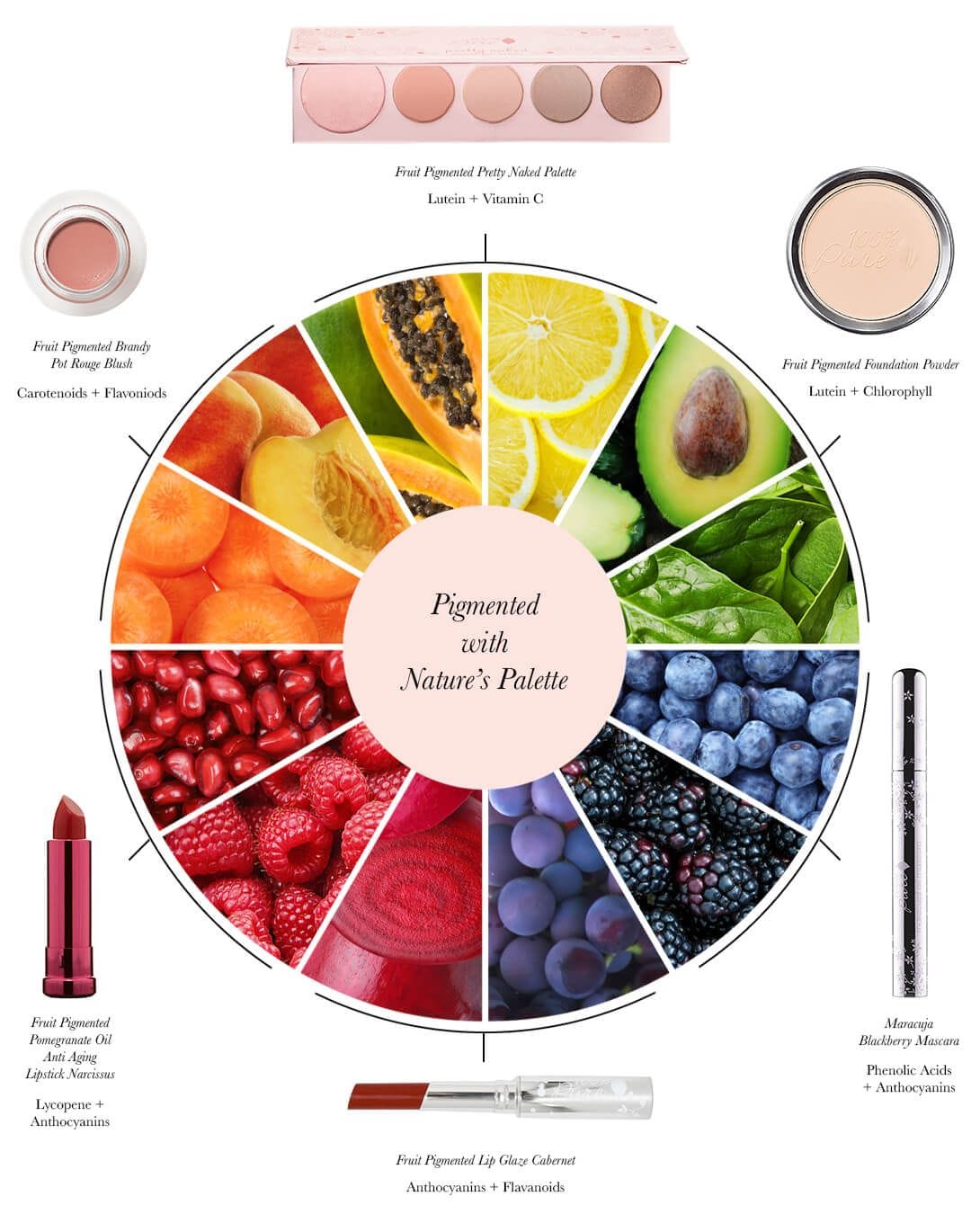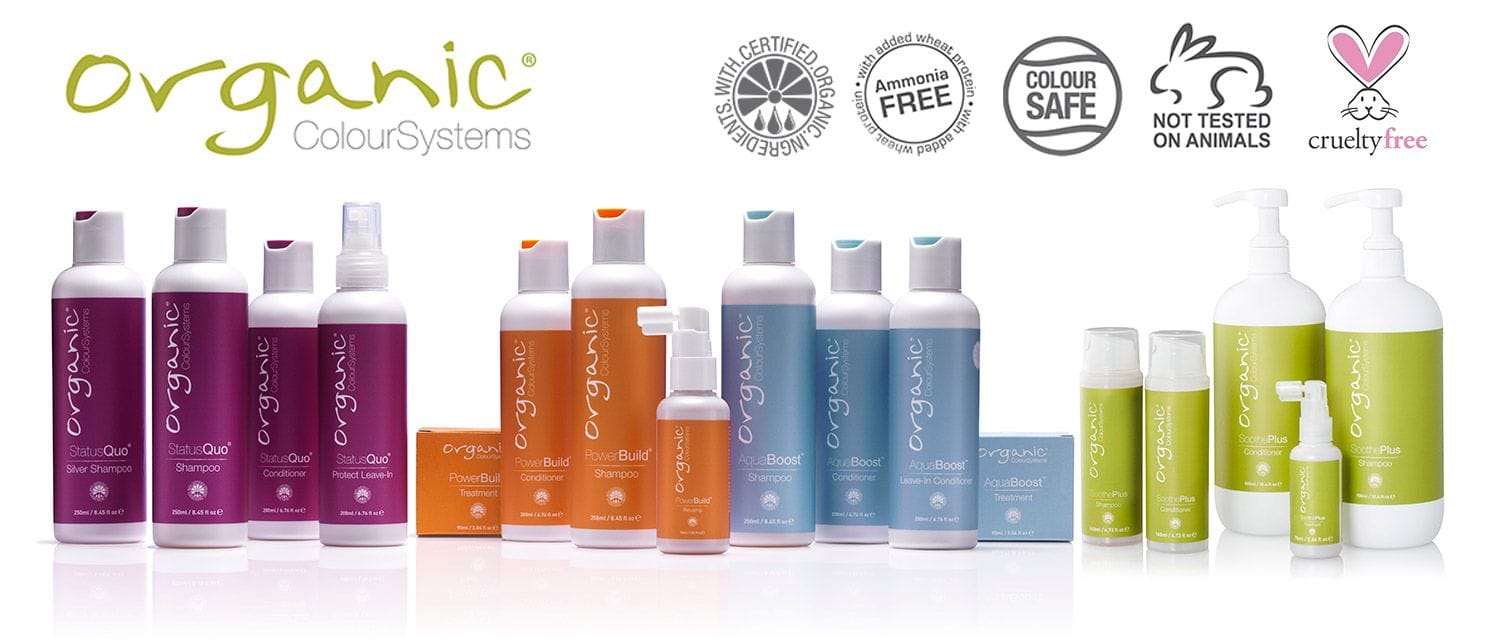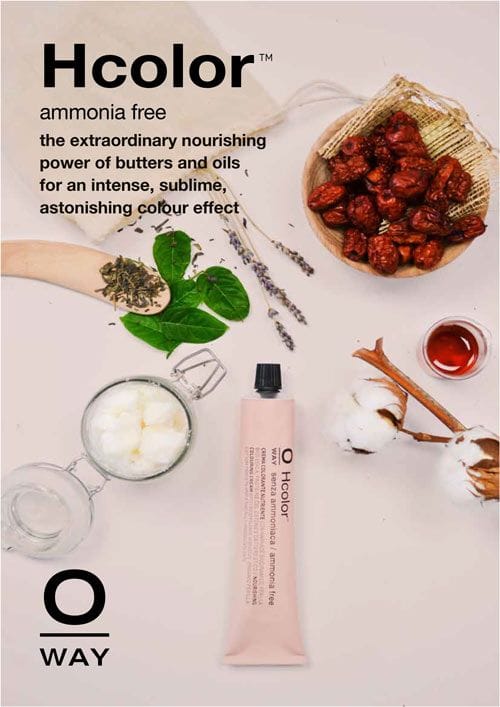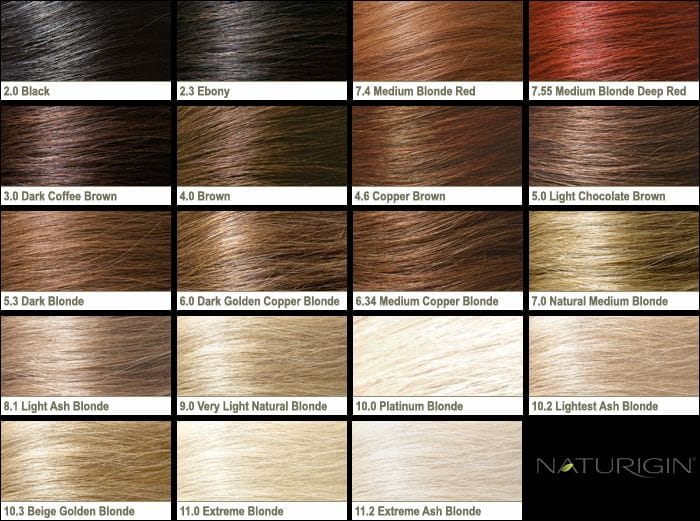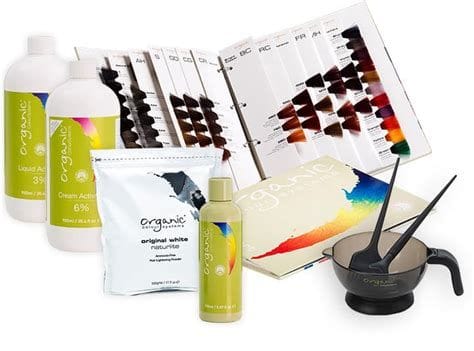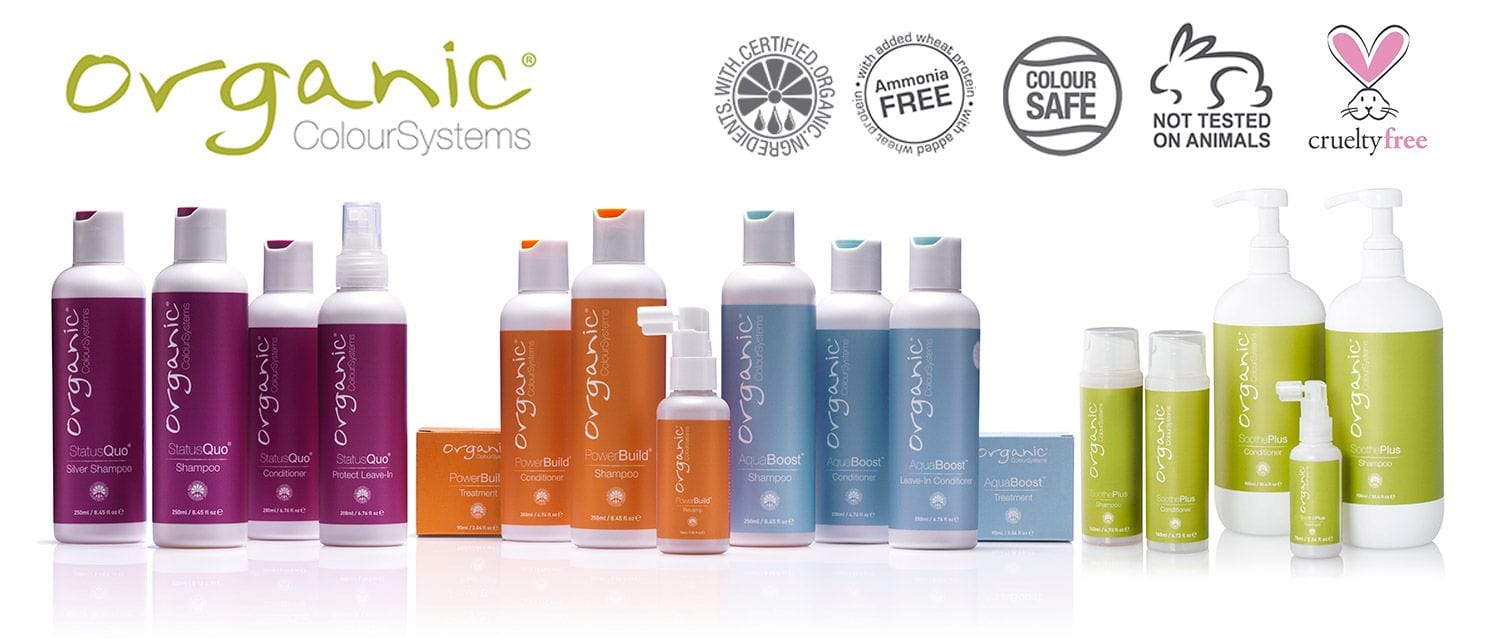
The beauty industry has experienced a significant shift in recent years, with a growing demand for organic and natural products. Color organics, in particular, have gained popularity due to their ability to enhance beauty while promoting overall health and well-being. From skincare to haircare, and makeup, incorporating color organics into your beauty routine can have a profound impact. In this article, we will explore the benefits of color organics and provide you with practical tips on how to integrate them into your daily beauty regimen.
Organic and natural ingredients have been used for centuries to promote beauty and health. From ancient civilizations to modern times, people have sought out natural remedies to enhance their appearance and well-being. Color organics, a term used to describe organic ingredients that are rich in color, have been found to be particularly effective in promoting beauty. These ingredients, which include a range of fruits, vegetables, herbs, and minerals, are packed with antioxidants, vitamins, and minerals that can help to nourish and protect the skin, hair, and body.
One of the most significant benefits of color organics is their ability to promote healthy skin. Organic ingredients such as turmeric, pomegranate, and green tea are rich in antioxidants, which can help to protect the skin from damage caused by free radicals. Free radicals, which are unstable molecules that can cause damage to cells, are a major contributor to signs of aging, such as fine lines, wrinkles, and age spots. By incorporating color organics into your skincare routine, you can help to reduce the appearance of these signs of aging and promote healthy, glowing skin.
In addition to promoting healthy skin, color organics can also be used to enhance hair health. Organic ingredients such as amla, coconut oil, and argan oil are rich in nutrients that can help to nourish and protect the hair. These ingredients can help to promote healthy hair growth, reduce the appearance of split ends, and add shine and luster to the hair. By incorporating color organics into your haircare routine, you can help to achieve healthy, beautiful hair that is strong and resilient.
Benefits of Color Organics in Skincare
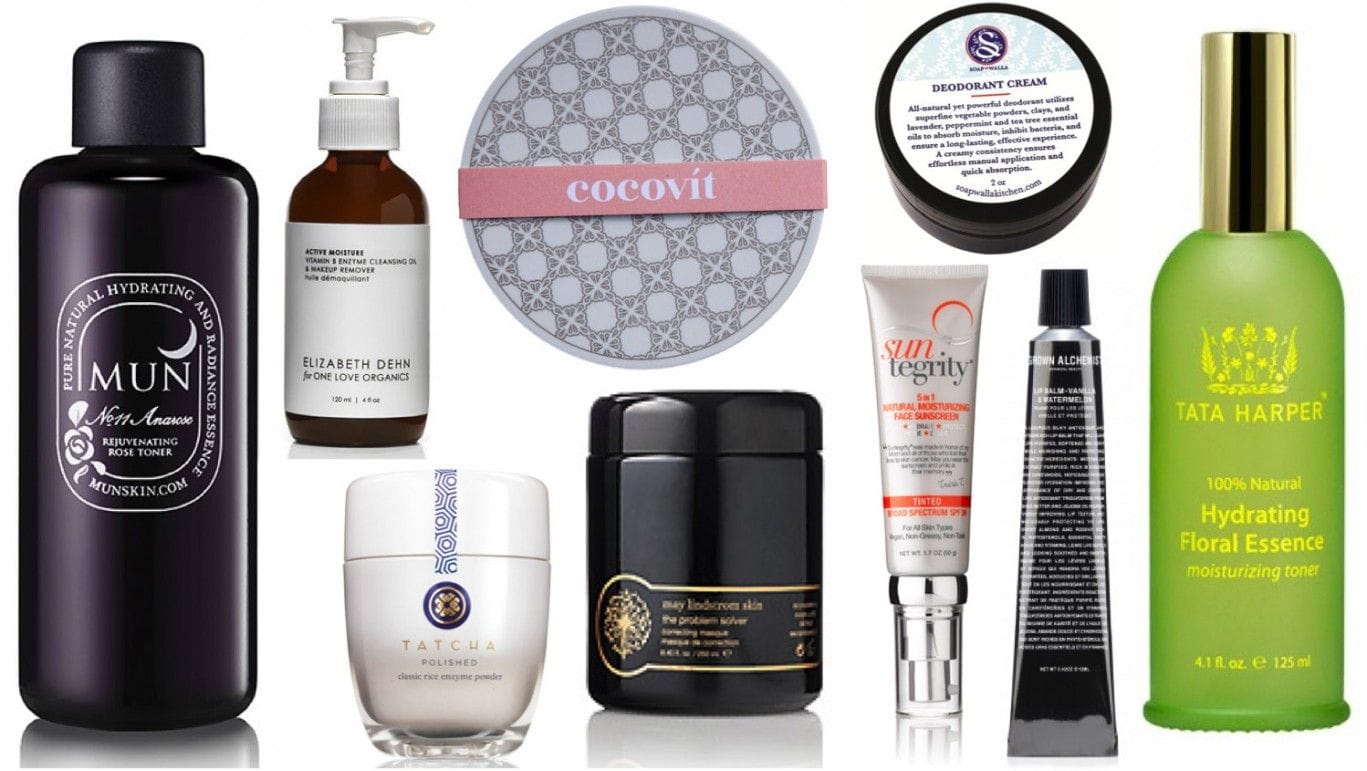
In skincare, color organics can be used in a variety of ways to promote healthy, glowing skin. Here are some of the benefits of using color organics in your skincare routine:
Reduced appearance of fine lines and wrinkles: Color organics, such as turmeric and green tea, are rich in antioxidants that can help to reduce the appearance of fine lines and wrinkles. Improved skin tone: Color organics, such as pomegranate and rosehip oil, can help to improve skin tone and reduce the appearance of age spots. Hydrated skin: Color organics, such as aloe vera and coconut oil, can help to hydrate the skin and reduce the appearance of dryness and irritation.
How to Incorporate Color Organics into Your Skincare Routine
Incorporating color organics into your skincare routine is easy and can be done in a variety of ways. Here are some tips on how to get started:Use a color organic face mask: Face masks that contain color organics, such as turmeric and green tea, can help to nourish and protect the skin. Add a color organic serum to your routine: Serums that contain color organics, such as pomegranate and rosehip oil, can help to improve skin tone and reduce the appearance of fine lines and wrinkles. Use a color organic moisturizer: Moisturizers that contain color organics, such as aloe vera and coconut oil, can help to hydrate the skin and reduce the appearance of dryness and irritation.
Benefits of Color Organics in Haircare
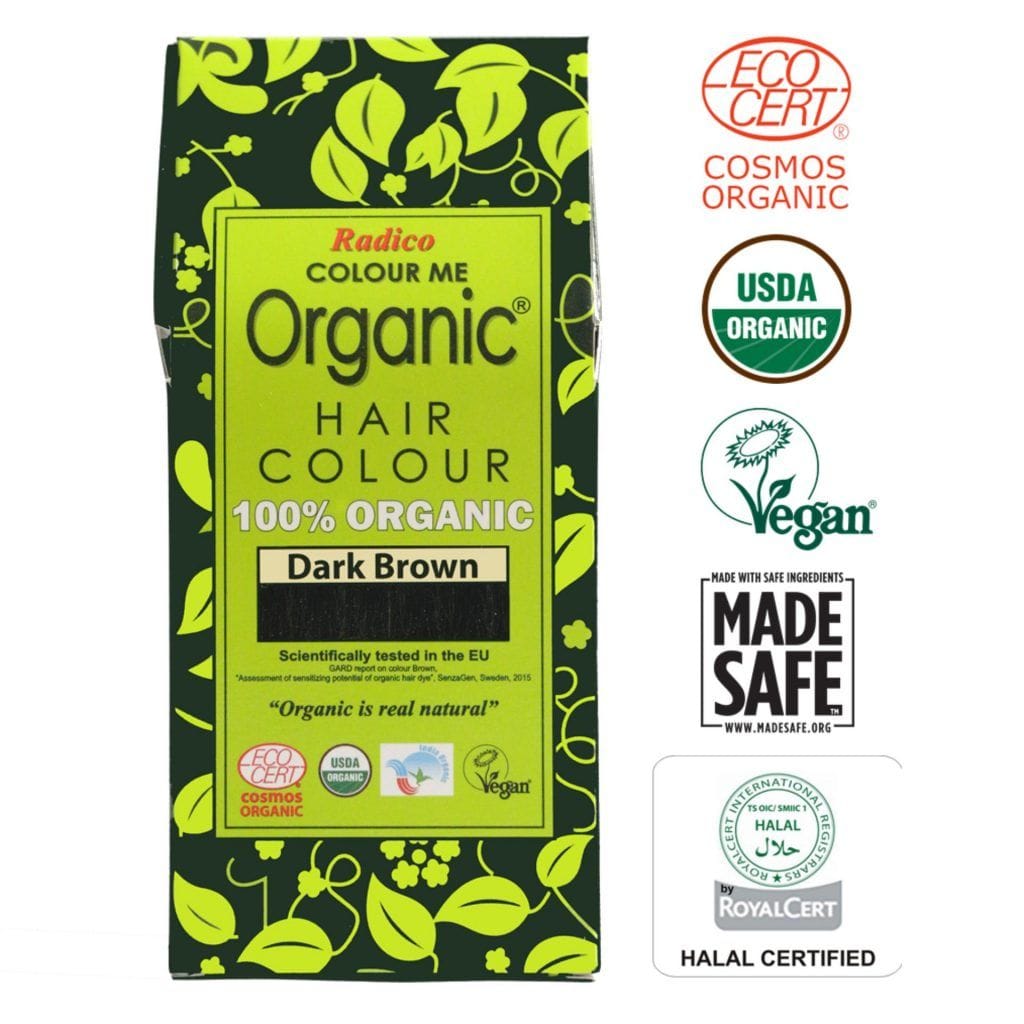
In haircare, color organics can be used to promote healthy, beautiful hair. Here are some of the benefits of using color organics in your haircare routine:
Promotes healthy hair growth: Color organics, such as amla and coconut oil, can help to promote healthy hair growth by nourishing the scalp and hair follicles. Reduces the appearance of split ends: Color organics, such as argan oil and shea butter, can help to reduce the appearance of split ends by nourishing and protecting the hair. Adds shine and luster to the hair: Color organics, such as henna and indigo, can help to add shine and luster to the hair by nourishing and protecting the hair cuticle.
How to Incorporate Color Organics into Your Haircare Routine
Incorporating color organics into your haircare routine is easy and can be done in a variety of ways. Here are some tips on how to get started:Use a color organic hair mask: Hair masks that contain color organics, such as amla and coconut oil, can help to nourish and protect the hair. Add a color organic serum to your routine: Serums that contain color organics, such as argan oil and shea butter, can help to promote healthy hair growth and reduce the appearance of split ends. Use a color organic shampoo and conditioner: Shampoos and conditioners that contain color organics, such as henna and indigo, can help to add shine and luster to the hair.
Benefits of Color Organics in Makeup
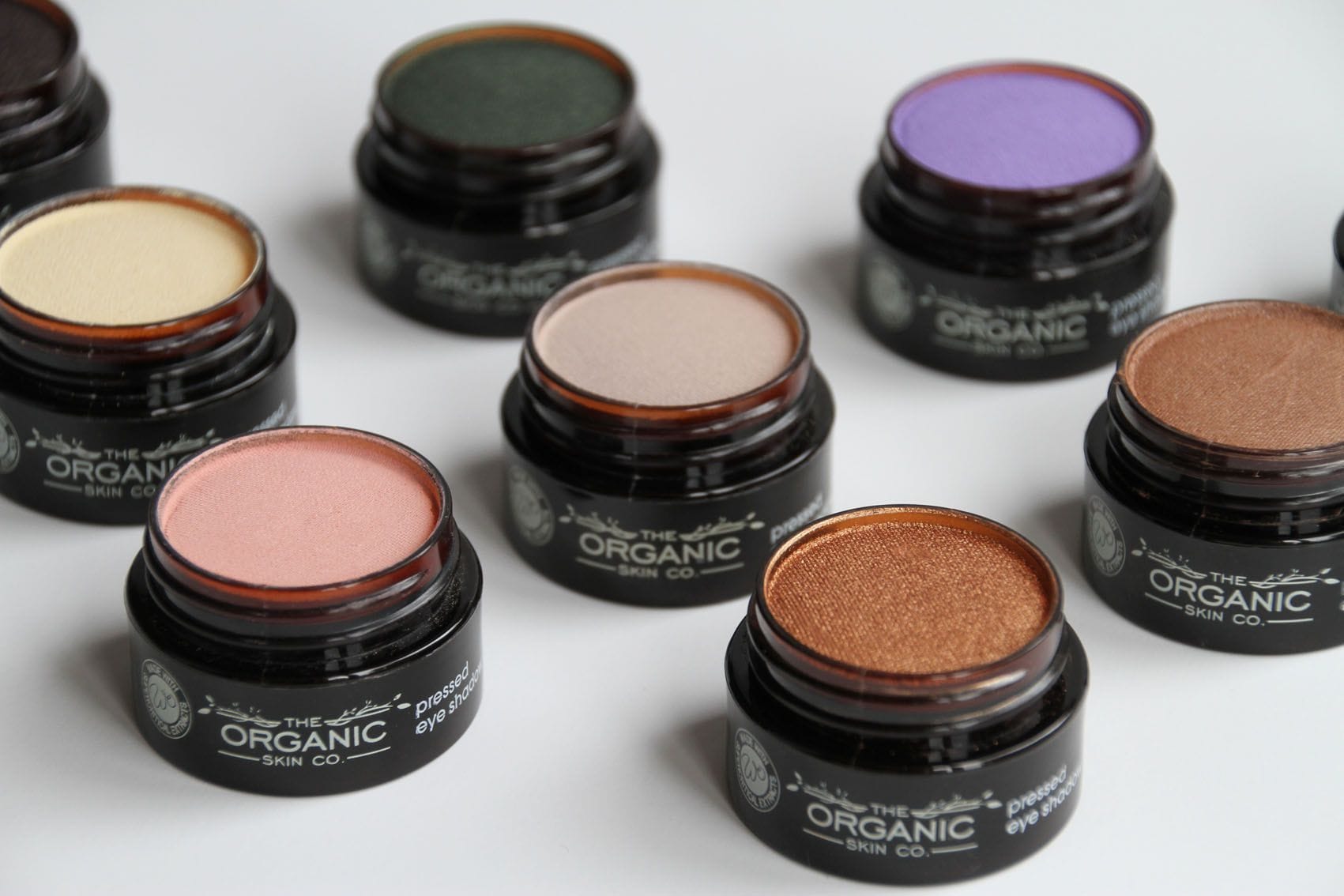
In makeup, color organics can be used to enhance beauty while promoting overall health and well-being. Here are some of the benefits of using color organics in your makeup routine:
Natural-looking color: Color organics, such as beetroot and turmeric, can be used to create natural-looking color that is free from harsh chemicals and artificial dyes. Healthy skin: Color organics, such as green tea and pomegranate, can help to promote healthy skin by reducing the appearance of fine lines and wrinkles and improving skin tone. Sustainable and eco-friendly: Color organics are often sourced from sustainable and eco-friendly sources, making them a great choice for those who care about the environment.
How to Incorporate Color Organics into Your Makeup Routine
Incorporating color organics into your makeup routine is easy and can be done in a variety of ways. Here are some tips on how to get started:Use a color organic lip balm: Lip balms that contain color organics, such as beetroot and turmeric, can help to create natural-looking color while nourishing and protecting the lips. Add a color organic eyeshadow to your routine: Eyeshadows that contain color organics, such as green tea and pomegranate, can help to promote healthy skin and reduce the appearance of fine lines and wrinkles. Use a color organic foundation: Foundations that contain color organics, such as aloe vera and coconut oil, can help to promote healthy skin and create a natural-looking complexion.
In conclusion, incorporating color organics into your beauty routine can have a profound impact on your overall health and well-being. From skincare to haircare, and makeup, color organics can be used to enhance beauty while promoting healthy skin, hair, and body. By following the tips outlined in this article, you can start to incorporate color organics into your beauty routine and experience the many benefits they have to offer.
We hope this article has inspired you to start incorporating color organics into your beauty routine. Remember, beauty is not just about looking good, it's about feeling good too. By choosing natural and organic ingredients, you can promote healthy skin, hair, and body while enhancing your beauty. Don't forget to share your favorite color organic beauty tips and products with us in the comments below.
What are color organics?
+Color organics are organic ingredients that are rich in color and can be used to enhance beauty while promoting overall health and well-being.
How can I incorporate color organics into my beauty routine?
+There are many ways to incorporate color organics into your beauty routine, including using color organic skincare products, haircare products, and makeup.
What are the benefits of using color organics in my beauty routine?
+The benefits of using color organics in your beauty routine include promoting healthy skin, hair, and body, reducing the appearance of fine lines and wrinkles, and creating natural-looking color.
Gallery of 5 Ways Color Organics Can Transform Your Beauty Routine

